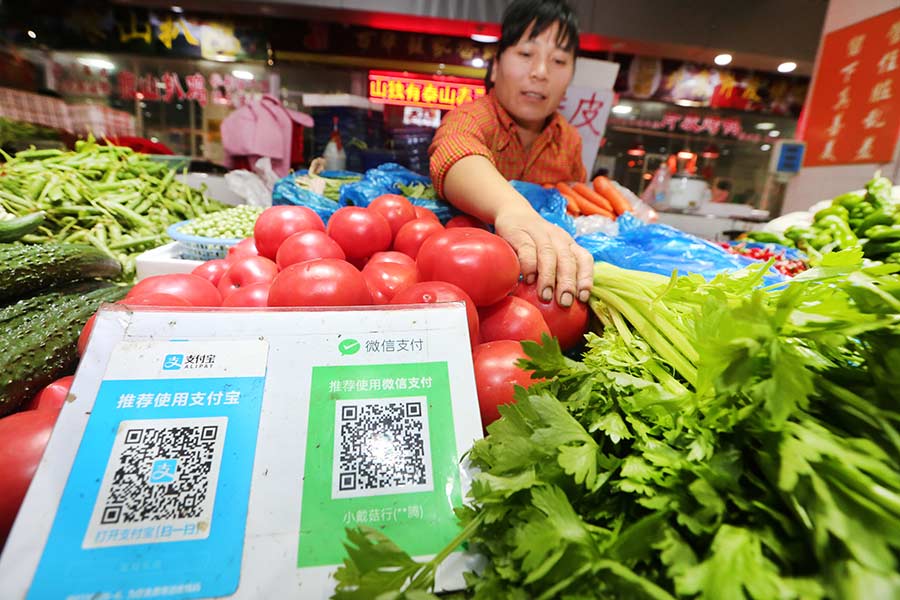New twist in cryptocurrency tale


Several days before Zhou's speech, Christine Lagarde, managing director of the International Monetary Fund, shared her thoughts in response to a question if "central banks should issue a new digital form of money".
She said: "A digital currency would be a liability of the state, like cash today, not of a private firm."
It could also involve both public partnership and the private sector role in the development of digital currencies, she said.
Digital currency issuance should not encourage money-laundering and illegal or covert financing for terror activities, said both Zhou and Lagarde, who worry about the implications for financial stability, such as the risk of bank runs.
The PBOC is one of central banks that are seriously considering issuing digital currency to the public. Others include Sweden's Riksbank and the Bank of Canada.
To keep the development of the new technology under control, the PBOC started to issue business licenses to third-party payment companies which met the regulatory requirements since 2011. So far, there are more than 300 third-party payment licensees in the country, including Tencent and Baidu.
"Regulation has tended to lag the rapid growth of the industry, despite some recent initiatives," said Lillian Li, an analyst with Moody's. "But regulation will ultimately strengthen online financial services by forcing small, inefficient and risky third-party platforms out of the market."
The PBOC is also keen to explore, study and experiment with digital currencies. It launched a research unit in 2016 and expanded research in partnership with some companies in 2017.
China is finding a way to introduce a set of globally accepted standards, including the definition, function, categories and regulatory principles of a digital currency.
"We face some difficulties to reach unified standards, as that is not so easily accepted among countries based on their differences in understanding a digital currency's role," said Li Wei, director of the PBOC's technology department.
He said China has already introduced digital currency standards in some economies involved in the Belt and Road Initiative.
Consensus was achieved among financial ministers and central bank governors in March 2018, under the G20 framework: "Crypto-assets have the potential to improve the efficiency and inclusiveness of the financial system and the economy more broadly."
But they agreed it can also raise issues with respect to consumer and investor protection, market integrity, tax evasion, money laundering and terrorist financing.
A communique issued after their meeting said: "Crypto-assets lack the key attributes of sovereign currencies. At some point, they could have financial stability implications."
The Financial Action Task Force, an intergovernmental body that sets standards and promotes their effective implementation in the international financial system, has submitted a report to the 2018 G20 Leaders' Summit, asking to continue the discussion on issues such as digital identification, distributed ledger technology, and virtual assets.
In October, the FATF members recommended a new definition of "virtual assets" - a broader concept including visual currencies and crypto-assets, calling it "a digital representation of value that can be digitally traded, or transferred, and can be used for payment or investment purposes".



































